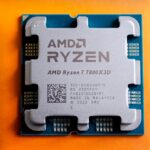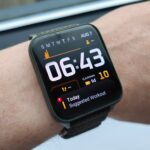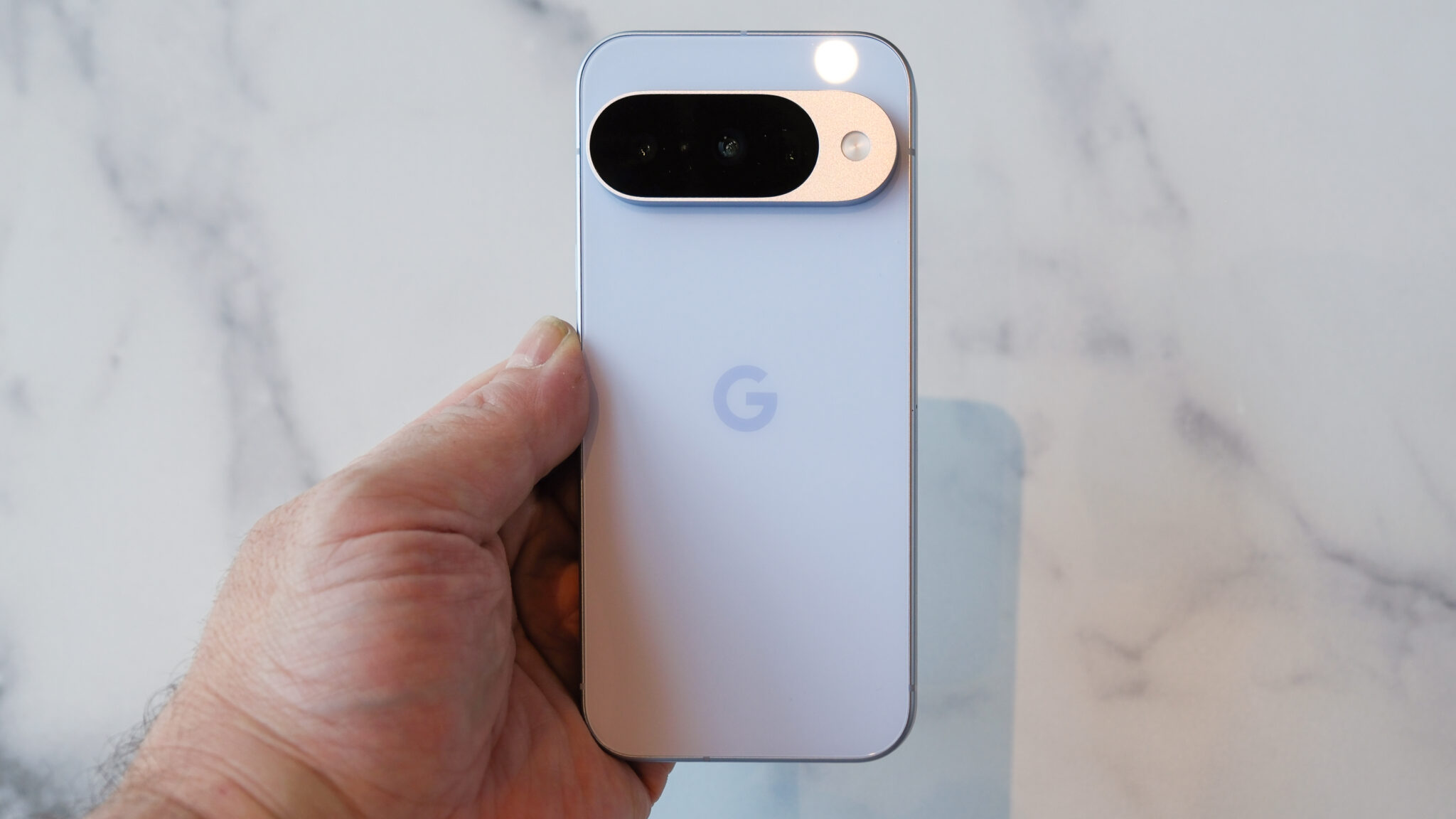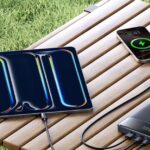- Pixel 10 wireless charging problems are being reported
- The issues seem to be connected to older chargers
- So far Google hasn’t had anything to say on the matter
A new phone launch often comes with some early issues attached – like random restarts on the iPhone 16 – and we’re seeing reports of some Google Pixel 10 owners having problems with wireless charging on their devices.
Several of the complaints have been collected together by the team at 9to5Google, and they include issues such as slow charging, and charging that starts and then stops after a few minutes or a few seconds have passed.
You can have a read through a few of the reports yourself over on this Reddit thread, which is specifically focused on the Pixel Stand 2 that launched alongside the Pixel 6. It’s hard to say just how widespread these problems are, but there are plenty of frustrated users.
The team at 9to5Google has been able to replicate some but not all of the issues being reported online, and we didn’t see any problems with wireless charging during the testing we did for our Google Pixel 10 review.
New standards, new problems
It seems these bugs can affect all of the different Pixel 10 models, including the Google Pixel 10 Pro and Google Pixel 10 Pro XL. If there is a connection between the reports, it may be that they all involve older wireless charging devices.
The Pixel 10 series brings with it a wireless charging upgrade, with support for Qi2 and a new magnetic power profile (MPP) – which means an Android experience that’s a little bit like MagSafe, with magnets used to align phones and chargers.
It’s possible that older charging devices aren’t working properly with the new standards, which is why users aren’t seeing smooth wireless charging performance – though this isn’t something that Google has made any mention of.
As yet there’s been no response from Google to the complaints, but we’ll keep you updated if that happens. It’s possible that a software fix may be able to resolve some of these issues with older wireless charging hardware.
Read the full article here













